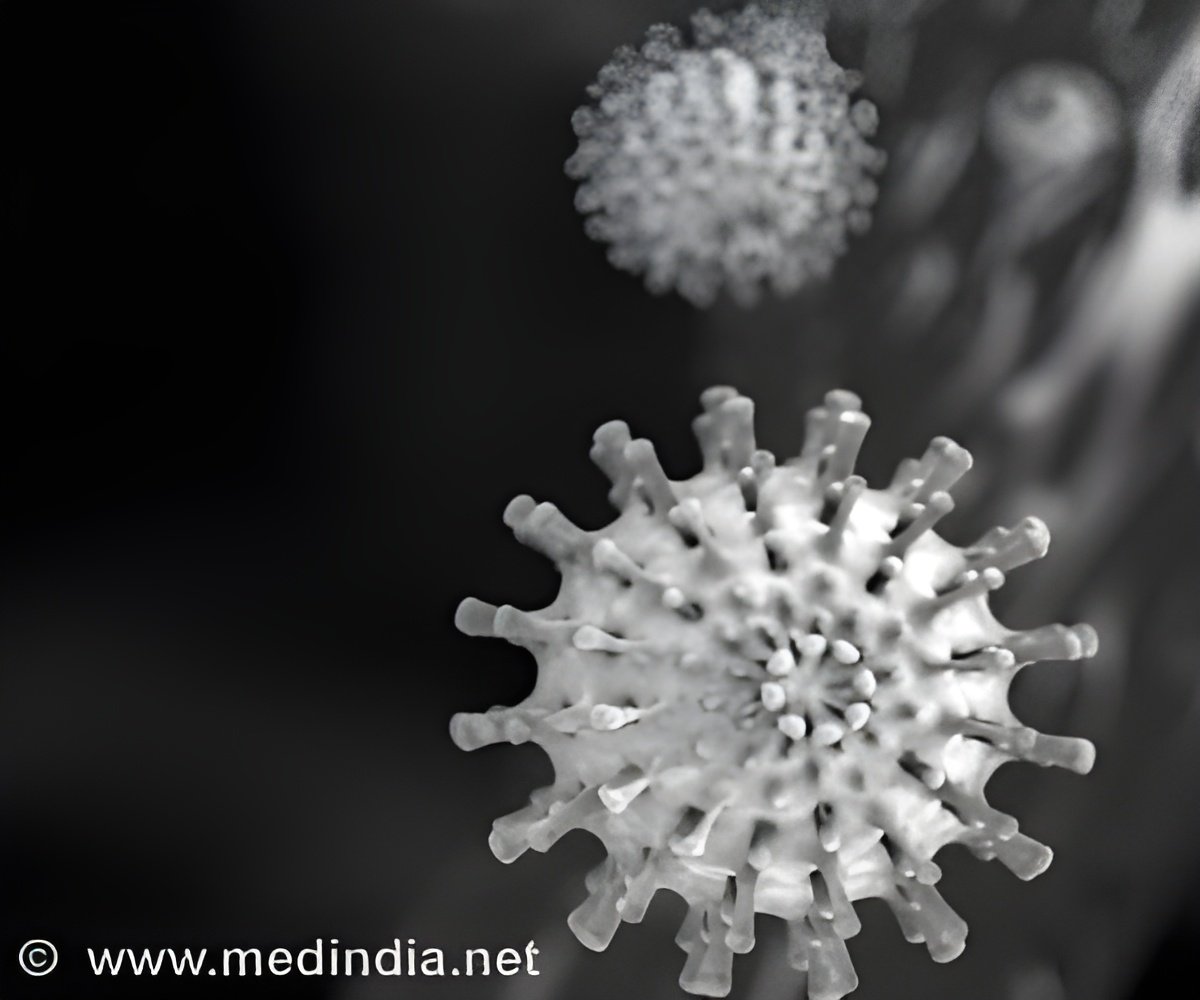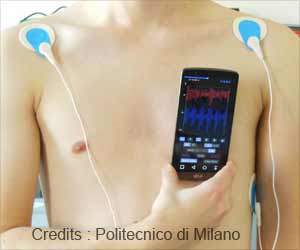Cancer cells have a lower survival rate when they are injected with the gold nanoparticles reducing the radiation dose used for treatment.

The team attached gold nanoparticles to the pHLIPs and injected the compound into samples of tumor tissue. They showed that the cancer cells had a 24% lower survival rate than cells irradiated without the injection and 21% lower when injecting just the gold particles without the pHLPs.
The technology will soon be tested on animal cancer models, hopefully leading to clinical applications of the technology in humans. There potential for more precise tumor targeting, and a significant reduction in the radiation dose delivered to patients if pHLP delivered nanoparticles is used.
Source-Medindia















